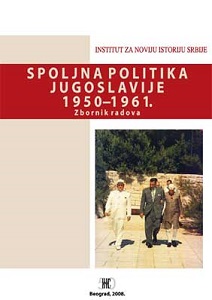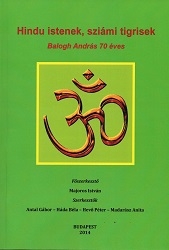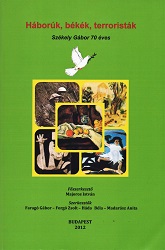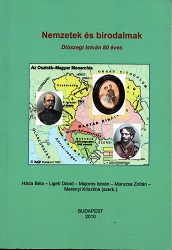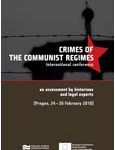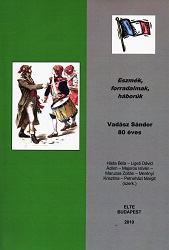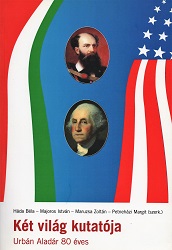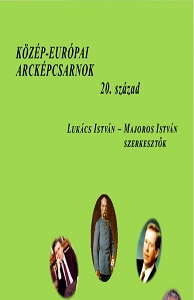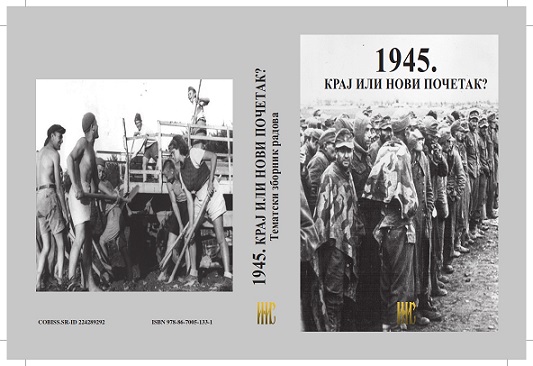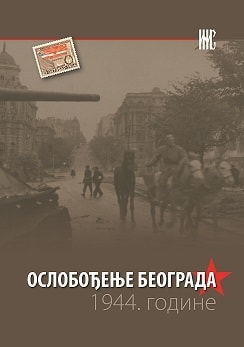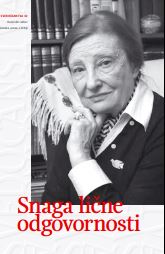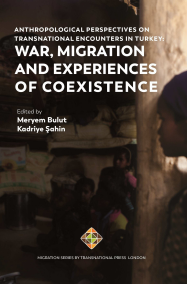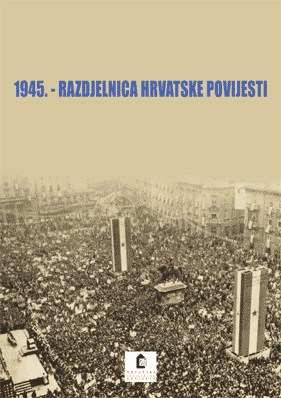
Između kralja, poglavnika i maršala
The author attempts to situate that watershed year that concluded the Second World War in the context of world history and show what it meant for the development of Croatia and Yugoslavia. He focusses on the relations among the Allies regarding the disagreement concerning Tito, especially the plans from the end of 1943 to the beginning of 1944 in which Ivan Šubašić was to be inserted in Croatian territory in order to influence Croat Peasant Party sympathizers to transfer their allegiance to the ≪Partisan flag≫, as recorded in the documents of the British Foreign Office. From 1944, Ivan Šubašić was the key element in the British and American governments≫ attempt to decommunize the character of Josip Broz’s Partisan movement and ensure a multiparty, democratic and federal consitutional monarchy in Yugoslavia. Josip Broz Tito determined matters on the ground; he was unwilling to accept the decisions made between Moscow and London, or those in Yalta, although he was not entirely negative. In addition, the author points out the Soviet strategy for the gradual communization of Eastern Europe, as well as the American consent to Moscow obtaining a security zone along the borders of the USSR, and how this pertains to the circumstances in Yugoslavia. The relations within the Independent State of Croatia and the relations of Hitler and Pavelić were unimportant to the political solution of Croatia’s or Yugoslavia’s future.
More...
